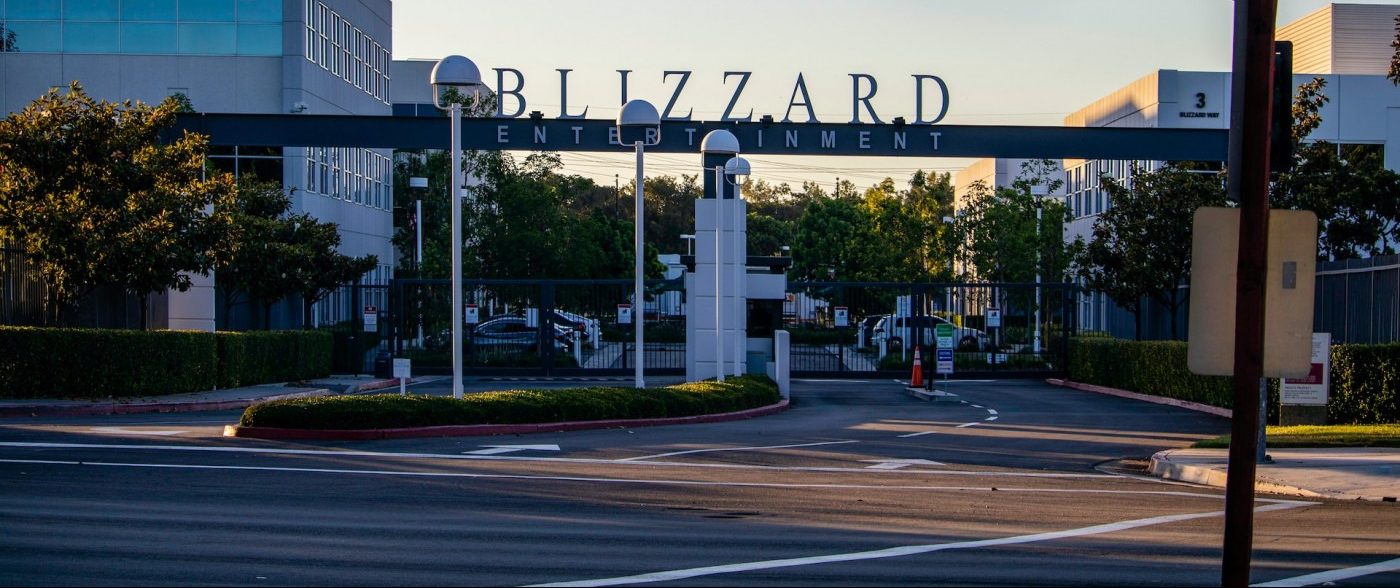UK Government and Microsoft in war of words over Activision veto
The UK Government and Microsoft have clashed over a decision by the Competition and Markets Authority (CMA) to block the game company’s planned takeover of Activision Blizzard. Microsoft’s president Brad Smith described the potential ramifications as “bad for Britain”, but a spokesperson for the Prime Minister said that the UK remained an “extremely attractive” place for tech companies.
The CMA prevented the $68.7bn (£55bn) cash purchase of Activision because of concerns it would squash the cloud gaming market, and risk “stifling competition”. The move by the UK means that, although US and EU regulators have yet to decide on whether to approve the deal, it cannot go ahead globally. According to the CMA: “Activision is intertwined through different markets – it can’t be separated for the UK. So this decision blocks the deal from happening globally.”
Both Microsoft and Activision have said that they will appeal against the CMA’s decision, and they have issued furious comments about the ruling. An Activision Blizzard spokesperson said: “The CMA’s report contradicts the ambitions of the UK to become an attractive country to build technology businesses. We will work aggressively with Microsoft to reverse this on appeal. The report’s conclusions are a disservice to UK citizens, who face increasingly dire economic prospects. We will reassess our growth plans for the UK. Global innovators large and small will take note that – despite all its rhetoric – the UK is clearly closed for business.” Microsoft said it would appeal. Brad Smith, its vice-chair and president, said: “The CMA’s decision rejects a pragmatic path to address competition concerns and discourages technology innovation and investment in the UK.”
The signs were clear for months that this deal was in trouble with UK regulators
“We have already signed contracts to make Activision Blizzard’s popular games available on 150m more devices, and we remain committed to reinforcing these agreements through regulatory remedies. We’re especially disappointed that after lengthy deliberations, this decision appears to reflect a flawed understanding of this market and the way the relevant cloud technology actually works.” “There’s a clear message here – the European Union is a more attractive place to start a business than the United Kingdom. [The] English Channel has never seemed wider.”
Unusually, the UK Government – which recently encouraged tech startups to head to Britain, got involved. It pointed out that the CMA was independent from the government, before stating that Smith’s claims were “not borne out by the facts”. A spokesperson for Rishi Sunak said: “Last year the UK became the third country in the world to have a tech sector valued at $1tn, behind only China and the United States in terms of investment, and the first in Europe by some distance. We continue to believe that the UK has an extremely attractive tech sector and a growing games market. We will continue to engage proactively with Microsoft and other companies. That won’t change.”
Gareth Sutcliffe, senior games analyst at Enders Analysis, said Microsoft had misjudged its approach: “The signs were clear for months that this deal was in trouble with UK regulators and yet Microsoft executives didn’t prioritise it or heed the evidence that it was.” He added that Mr Smith’s comments about the UK were “somewhat redundant”: “[Microsoft] had ample opportunity to do things differently over the past 16 months – they’ve not provided a convincing enough case.”

Comments